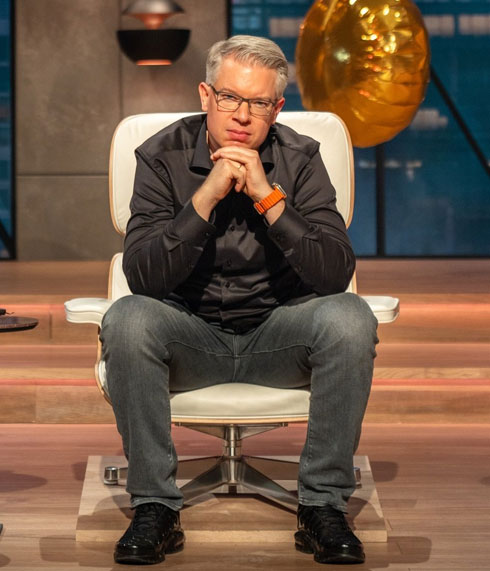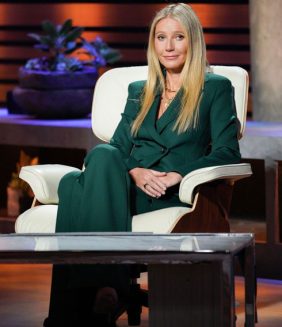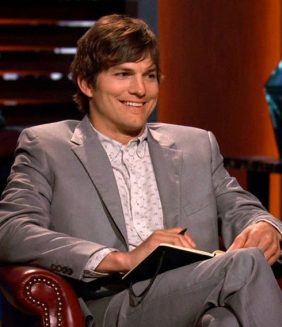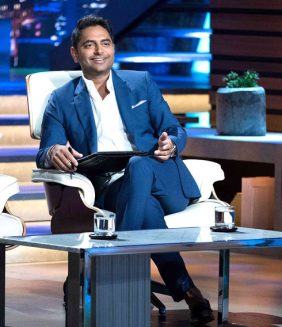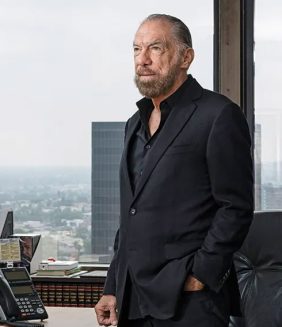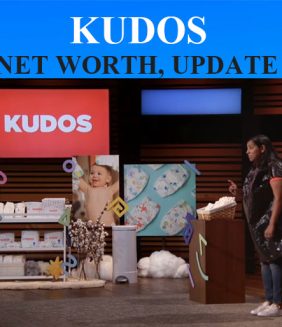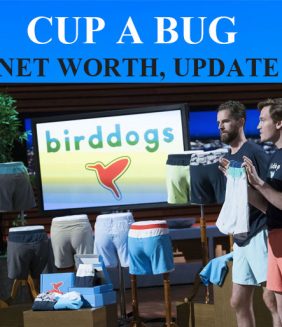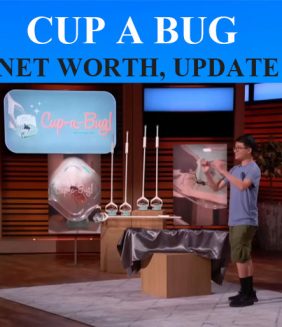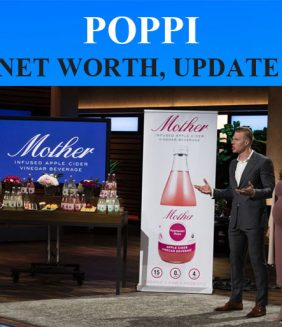About
Frank Thelen is a Bonn‑born entrepreneur, investor, and author who has spent more than thirty years turning bold technology ideas into everyday products. After co‑founding a string of software ventures in the 1990s and 2000s, he became a familiar face across Germany when he joined the primetime start‑up show “Die Höhle der Löwen,” the local version of Shark Tank, in 2014. Today he runs Freigeist Capital—an early‑stage fund backing deep‑tech founders—and TEQ Capital, which picks listed companies it thinks will reshape whole industries.
Thelen’s public profile also rests on his popular books Startup‑DNA (2018) and 10xDNA (2020). Both land squarely on bestseller lists by translating complex tech trends—like autonomous flight or lab‑grown meat—into plain language and practical lessons for budding founders. In 2021 he deepened those themes with the launch of 10xDNA Capital Partners, a public‑equity vehicle inspired by ARK Invest that lets retail investors ride the same exponential curves he chases in venture deals.
Before Fame
Growing up in Bonn in the 1980s, Thelen spent more time coding than studying; he even left high school after grades slipped, a decision he later called “the best crash course in responsibility.” At 18 he bootstrapped his first firm, Softer Solutions, selling software tools to local businesses. The start‑up folded within a year, but the experience convinced him that building things from scratch—rather than climbing a corporate ladder—was his path.
Failure never scared him off. By the early 2000s he had launched ip.labs, an online photo‑printing platform acquired by Fujifilm, and doo, a document‑management app. The latter won Microsoft’s Innovate 4 Society Award in 2012—personally handed over by Chancellor Angela Merkel—and was later chosen by Apple as “App of the Year.” Those early wins delivered both capital and credibility, turning Thelen into a sought‑after adviser for Germany’s fledgling tech scene.
Trivia
Reality‑TV résumé: Although he left “Die Höhle der Löwen” after six seasons, countless viewers still recognize him from the show’s trademark leather chair where he once heard nearly 400 pitch‑deck stories. The appearance earned him a Grimme‑Preis nomination and an Ernst‑Schneider‑Preis for economic journalism in 2015.
Bookworm investor: Thelen writes as often as he invests. His LinkedIn newsletter “Innovation Pulse” breaks down robotics, AI, and climate tech for more than a million subscribers, and his public speaking calendar ranges from Web Summit to small-town maker fairs. He freely admits to being a gadget‑obsessed “geek” who schedules entire weekends just to experiment with new developer kits.
Sports on the side: Long before business suits, skateboard pads were his wardrobe of choice. He still backs youth programs for snow‑ and skateboarding and claims that the balance skills learned on a board translate to staying steady through entrepreneurial wipeouts.
Family Life
Frank maintains his private universe limited. He’s married to Dr. Nathalie Thelen‑Sattler, a doctor who joins him at charity events and tech events occasionally but otherwise remains below the radar. Recent images capture the couple attending Berlin’s “Ein Herz für Kinder” summer party and Cologne’s “Lambertz Monday Night,” smiling together like any other couple grabbing an evening out. They are childless and divide their time between Bonn and a secluded lakeside hideaway where, friends say, laptops are forbidden at the dinner table.
Outside of immediate family, Thelen attributes both parents—an engineer father and an art‑afflicted mother—to his blend of technical interest and design fixation. Although he never mentions them by name in interviews, he frequently attributes to them the lesson that functionality and beauty can—and must—exist in all products.
Associated With
Angela Merkel: Presenting the Innovate 4 Society trophy in 2012 wasn’t the former chancellor’s only brush with Thelen. He later joined her Digital Council alongside State Minister Dorothee Bär, lobbying for faster broadband rollouts and lighter regulation for European deep‑tech start‑ups.
Portfolio founders: Through Freigeist he wrote first checks for Lilium (electric air taxis), Hardt Hyperloop (ultra‑fast tube travel), Xentral (ERP software), RobCo (modular robots), and YFood (nutritionally complete drinks). Many of those founders now cite him as an idea‑sounding board rather than just a source of capital, swapping WhatsApp voice notes about everything from battery chemistry to brand fonts.
Investor peers: In television days he sparred playfully with fellow “Löwen” backers like Carsten Maschmeyer and Judith Williams, while in venture rounds he often co‑invests with European funds such as Earlybird and UVC Partners. That collaborative stance—“co‑create, don’t compete,” as he likes to say—has helped his deals syndicate faster and raised his visibility as one of Germany’s most active angel investors in 2025.
From scrappy teenage coder to board‑room regular, Frank Thelen’s story shows that embracing failure early, staying curious, and betting on big technology shifts can open doors far beyond a single start‑up exit. In his words, the next decade will test humanity like never before, but it will also reward those brave enough to build what others think impossible—and he still plans to be right in the middle of that action.


